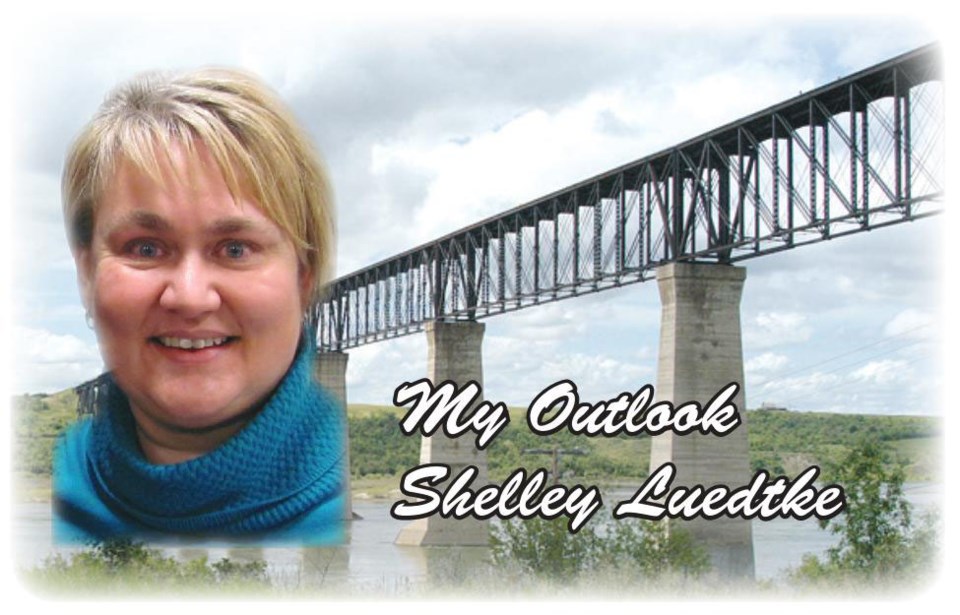We were discussing finding a spot for a small group to hold a meeting when one of the members said she would have us over to her place except her house was a disaster.
Consider her use of a word to describe the situation: disaster. We knew what she was likely saying—she felt her house needed too much cleaning up before she felt comfortable inviting others in. Using a word like disaster to describe an untidy house doesn't sit well, particularly when you consider how many homes have been affected by a true disaster. Wildfires, cyclones, floods and earthquakes have levelled many homes from Maui to Morocco and left lives in ruin.
The Canadian Disaster Database collects information on disasters impacting Canadians at home or abroad. Criteria to meet this classification include 10 or more people killed, 100 or more injured/infected/evacuated or left homeless, financial appeal for national/international assistance, historically significant, and damage to such an extent a community cannot recover on its own. A disaster is a life-altering event impacting individuals, communities and regions.
Novelist and theologian C.S. Lewis said, "Don't use words too big for the subject. Don't say infinitely when you mean very; otherwise you'll have no word left when you want to talk about something really infinite." Lewis has a point. If we describe something as a disaster that is at best messy, dirty or unorganized, what word would we use when we encounter a true disaster? We have nowhere to go with that because we have now diminished the power of the word.
There are other words we tend to misuse. The traffic is a nightmare. Her words were devastating. That detour is such a hardship. No, no it's not.
Sending a child out the door amidst gunfire that is a daily occurrence is a nightmare. A mother in poverty boiling leaves to try and create a meal for her children is devastating. Walking for miles to obtain clean water is a hardship.
I was struck by a video taken on September 11, 2001 by someone standing a few blocks from the Twin Towers on that fateful morning. Whoever was behind the camera was getting footage of those running to safety and asking what they had seen or experienced. One man covered in debris looked at the camera operator and breathlessly said, "chaos." A single word that gave insight into what couldn't yet be comprehended. But how often had I used that word to describe a situation I had been in--like a children's birthday party, a busy workplace, or even a parking lot after a huge event. I had unthinkingly used a word denoting bedlam, mayhem and complete disorder to describe something that was simply busy, noisy, crowded or inconvenient.
It is becoming increasingly important that we be cautious with the vocabulary we use because we are eroding the power of words. We hear people tossing out "you're just a hater" to anyone who doesn't agree with what they are saying. Rather than be willing to engage in conversation and explain a position, too many turn away and label those who oppose as nothing better than haters. Hate is an intense and passionate dislike and that is not a word we can be careless with. There are truly hateful situations that are taking place and if we continue diminishing the word we are guilty of reducing the ugliness of what hate truly is. Disagreeing with you does not make me a hater. I have a different opinion, and that is not hatred. Far from it.
The same is true of how cavalierly some misuse racism, misogyny, or intolerance. Want to shut dialogue down? Call someone racist. Call them a misogynist. Dismiss them as intolerant. Labelling someone with these terms because you would rather ignore them than hear them out is wrong. But using such powerful words when it doesn't reflect the truth of the situation is taking away from those who honestly do experience racism, misogyny and intolerance. To continually reduce the veracity of these concepts diminishes the experience of those truly impacted by them.
We need a wake-up call in how we use our words or they will continue to lose their value. In our impatience, frustration or annoyance we need to be careful that we don't reach for words that should be reserved for bigger situations
Using words that are over the top takes away from the circumstances when, regrettably, those very words may need to be used. Until then let’s be sure we use vocabulary more relevant to the situation. Because if we ever find ourselves in a true disaster, nightmare or hateful situation, we want to be sure people are still listening. That’s my outlook.




